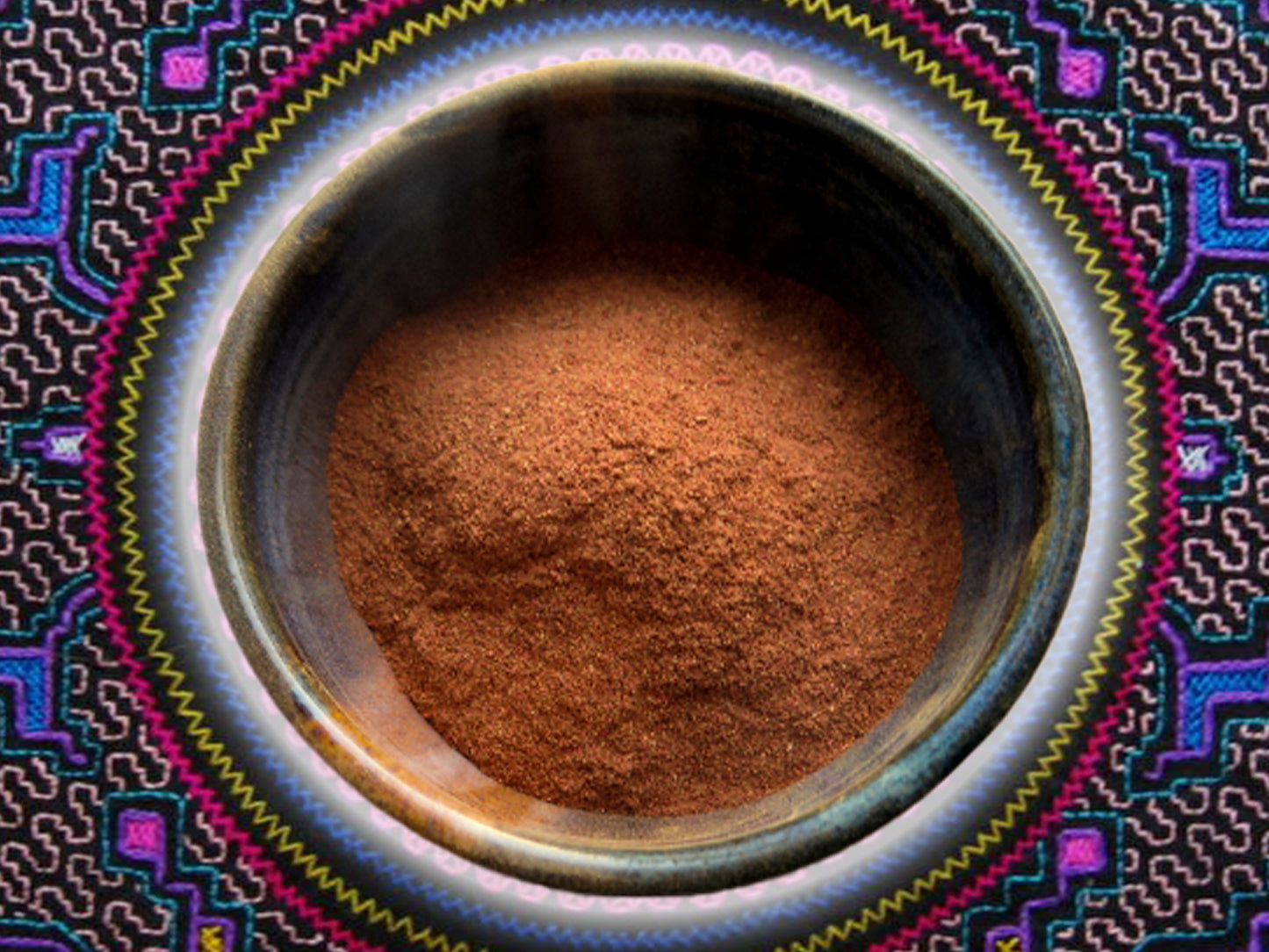Aho Great Spirit
Pre Dieta herbs + protocol
Couldn't load pickup availability
It is recommended in some schools of thought to drink Pau D’Arco and Cat’s Claw tea for 4 days or more before starting the Dieta.
This helps clear the body and mind making way for the dieta plant to be fully received and worked with.
Pau d'arco, scientifically known as Tabebuia avellanedae, is a unique and revered herbal remedy with a range of potential health benefits. While scientific research is ongoing, traditional and anecdotal use suggests several potential advantages:
1. Immune Support: Pau d'arco is believed to bolster the immune system due to its natural compounds, potentially enhancing the body's ability to defend against infections and illnesses.
2. Anti-Inflammatory Properties: The herb may possess anti-inflammatory properties, aiding in reducing inflammation and providing relief from related conditions.
3. Antioxidant Effects: Pau d'arco contains antioxidants that can help combat free radicals, unstable molecules that contribute to oxidative stress and cellular damage.
4. Gastrointestinal Health: It is traditionally used to support digestive health and address gastrointestinal discomforts, contributing to overall well-being.
5. Antifungal and Antimicrobial Activity: Pau d'arco is believed to possess antifungal and antimicrobial properties, which may help combat various fungal and bacterial infections.
6. Blood Sugar Management: Some studies suggest that Pau d'arco may help regulate blood sugar levels, potentially supporting individuals with blood sugar concerns.
Cat's Claw, also known as Uncaria tomentosa, is an herbal remedy derived from a woody vine native to the Amazon rainforest. It has been used in traditional medicine for centuries, and while more research is needed, it is believed to offer several potential health benefits:
Immune Support: Cat's Claw may boost the immune system, helping the body defend against infections and illnesses.
Anti-Inflammatory Properties: It is known for its anti-inflammatory effects, potentially providing relief from inflammation-related conditions.
Antioxidant Effects: Cat's Claw contains antioxidants that can neutralize free radicals, reducing oxidative stress and supporting overall health.
Joint Health: It may aid in promoting joint health and relieving discomfort associated with conditions like arthritis.
Digestive Health: Cat's Claw is believed to support digestive health and alleviate gastrointestinal issues.
Antiviral and Antibacterial Activity: It has potential antiviral and antibacterial properties, helping combat certain viral and bacterial infections.
Cancer Support: Some studies suggest that Cat's Claw may have anticancer properties and could potentially support cancer treatment.
Cardiovascular Health: It is thought to contribute to cardiovascular health by promoting healthy blood pressure and cholesterol levels.
Pain Relief: Cat's Claw is used traditionally for pain relief and may help manage various types of pain.
Antifungal Properties: It may have antifungal effects, providing support against certain fungal infections.
Wound Healing: Cat's Claw may aid in wound healing and tissue repair.
Cognitive Function: Some studies suggest that Cat's Claw might support cognitive function and brain health.
Antiparasitic Activity: It is believed to have antiparasitic properties, potentially helping to combat certain parasitic infections.
Skin Health: Cat's Claw may contribute to skin health and address skin-related issues.
Allergy Relief: It is thought to have antiallergic properties, potentially providing relief from allergy symptoms.
As with any herbal supplement, it is essential to consult with a healthcare professional before using Cat's Claw, especially if you have underlying health conditions or are taking medications, to ensure its safety and suitability for your specific health needs.
Share


